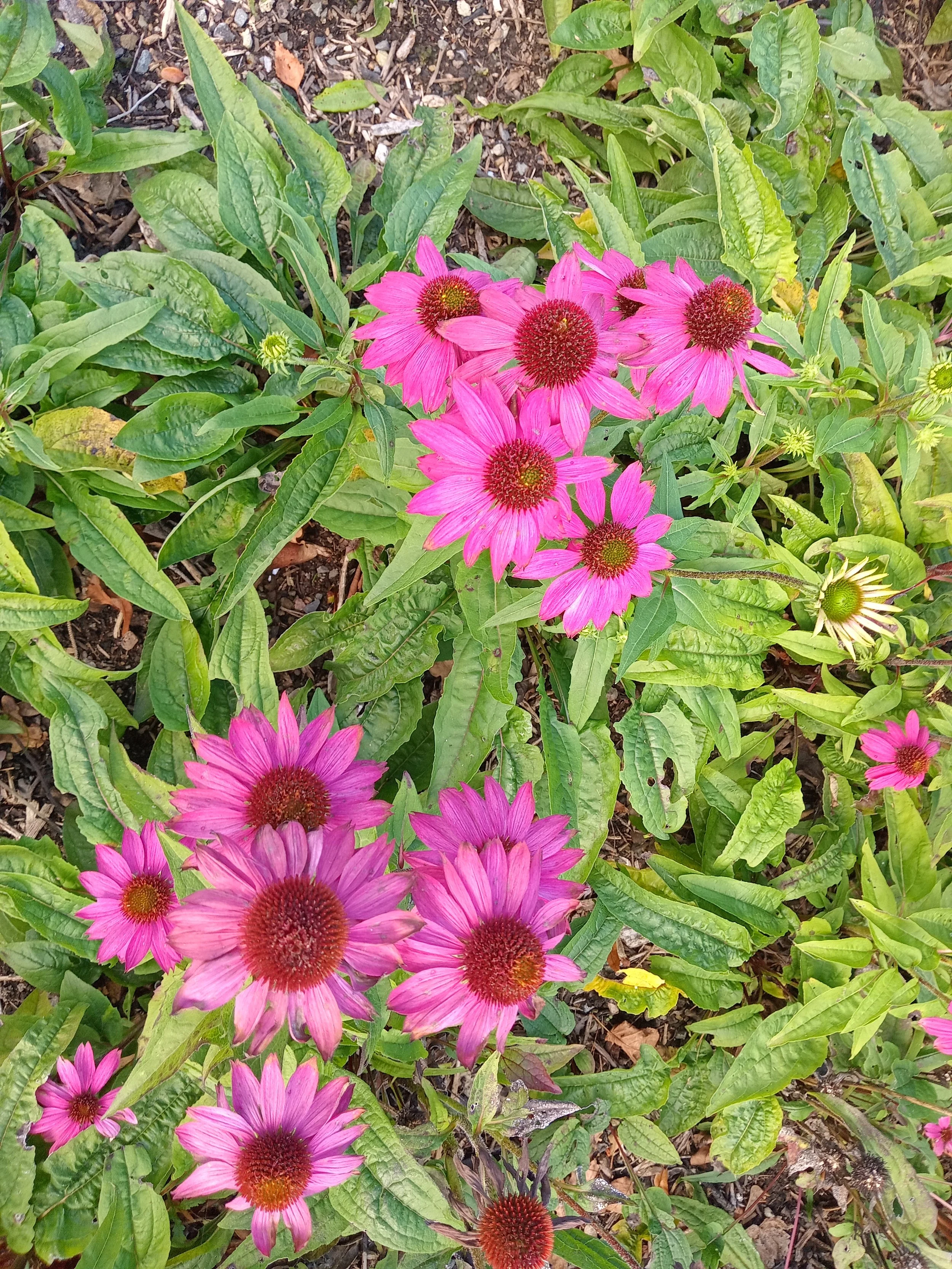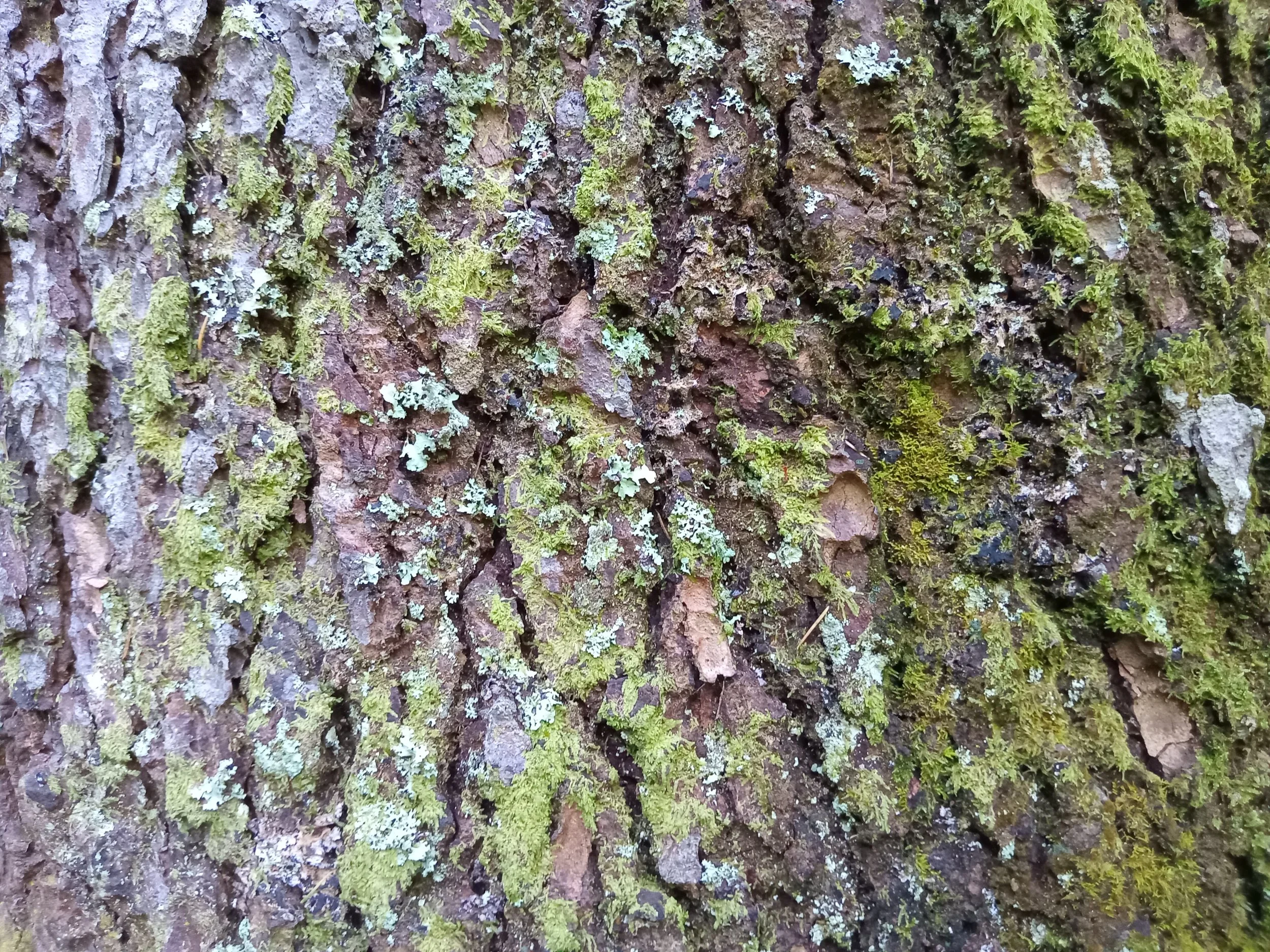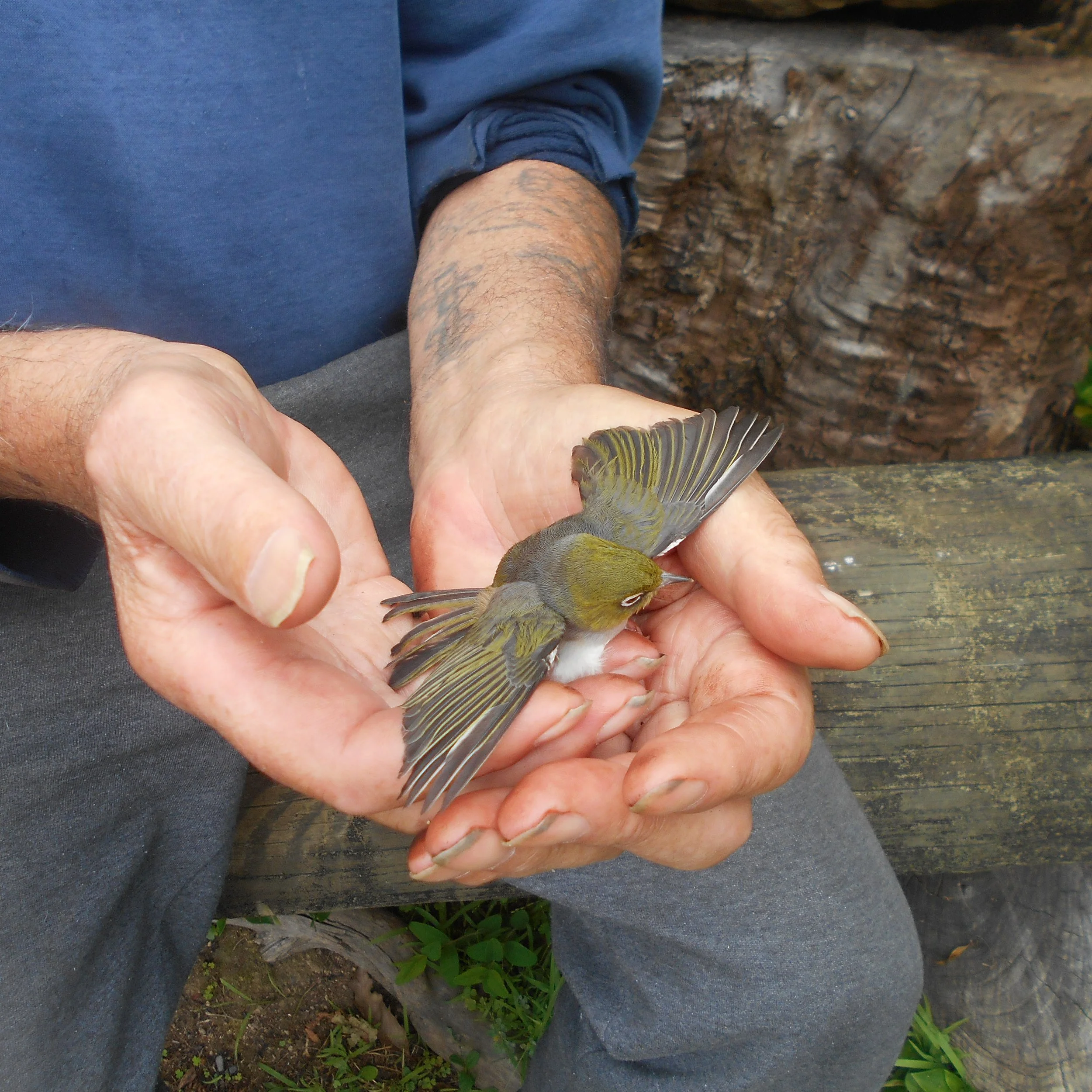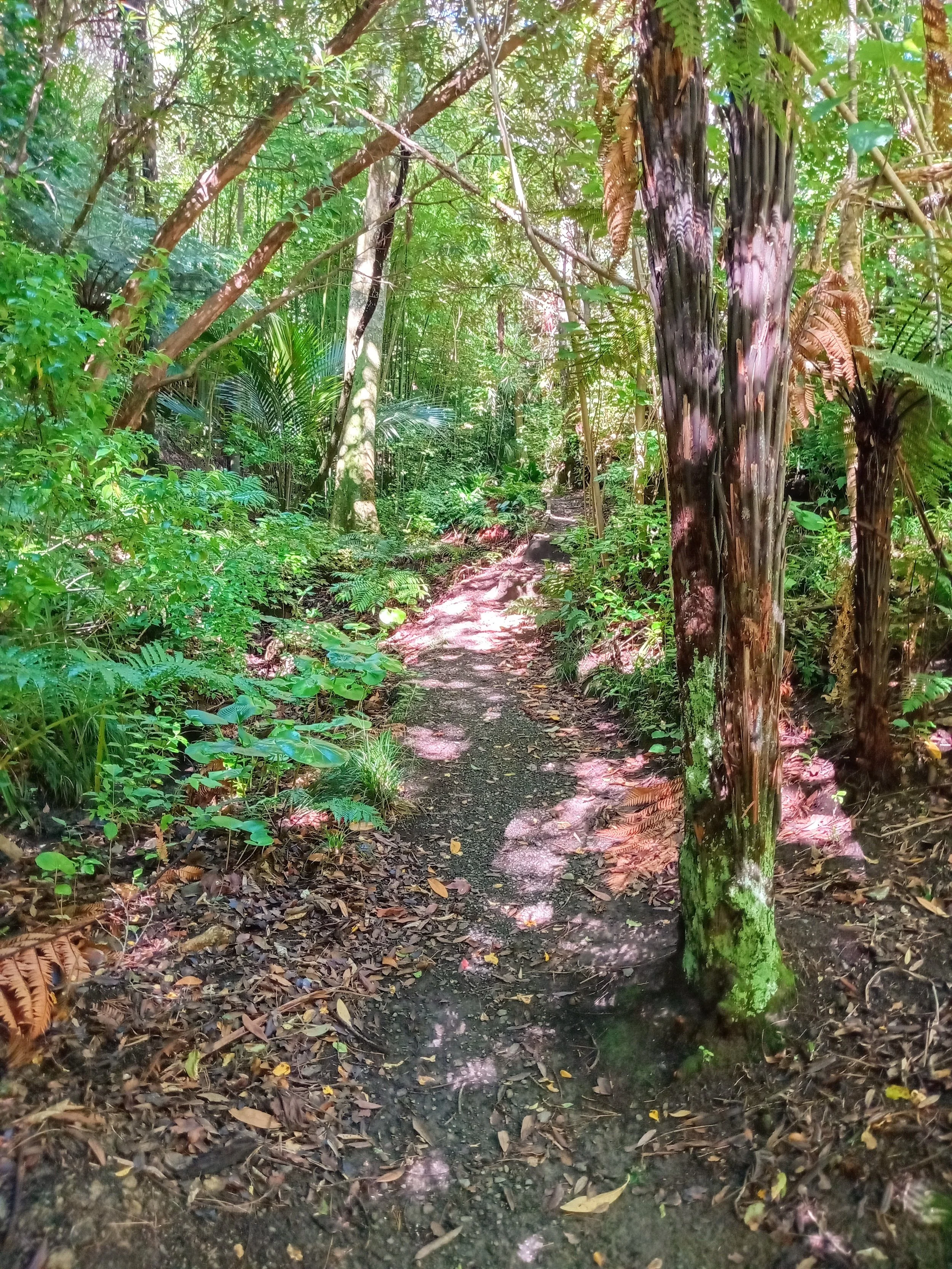
Death invites us to let go in the most profound way – transforming fear into curiosity, loss into love and the unknown into something creative and awesome.
Finding you own way through
There are lots of ways to start being a bit curious or brave.
Talking and thinking with other people are very useful ways to connect with tricky ideas or complex emotions. We hope that the guides and starting points you can find here are helpful.
But connecting does not have to only look like thinking and talking. There are lots of other ways in. Often these different ways can help us find more meaningful and deeper connections that just talking and thinking alone.
Find ways that work for you to pause a little bit and feel into what dying, aging, grief and illness are (and could be) for you and your community.
Connecting with these ideas is usually not about getting to the right answer, or having one clear plan, or tackling an issue head on. It is far more often about:
exploring and unearthing
connecting and befriending
slow, gentle, wandering
wondering and imagining - ‘maybe’, ‘perhaps’ and ‘what if’
trying things out, playing around
sensing into what is uncertain or uncomfortable
mulling, grappling, contemplating, revisiting
letting things sit, taking time, seeing what arises.

What might help you to find your own way in to connect more deeply with ideas and feelings around dying, gratitude, forgiveness, purpose, sorrow, love, grief and joy?
Some things you could try:
doodling, drawing, painting.
journaling of freeform writing about just one of the things that has come up for you.
writing down your own story and your own feelings.
making or crafting - creating in anyway that feels right to you.
listening (and dancing) to music and songs that resonate with your feelings and questions. Make a playlist.
being in nature and watching the cycles of life and death, beauty and sorrow, in everything around you. Sometimes stopping to take a few photos can help you to really notice what you are seeing.
browsing the sections in your local library that focus on dying, aging, illness, philosophy, and spirituality and just seeing what jumps out at you as you. Or looking out for novels and short stories that are exploring the things that you are curious about.
googling phrases and ideas that spark your interest.
finding videos to watch. As examples, you could explore TED Talks, The School of Life or Reflections of Life (search ‘dying’, ‘aging’ or ‘meaning’ to find good playlists to start with on each of these channels).
connecting (or reconnecting) with whatever spiritual tradition you have. What do you like - or not like - about what it says? What do different traditions say?
exploring poems - or writing your own poems.
wandering around your local art galley or museum. Is there anything there that speaks to you or inspires new thoughts for you?
sitting in the sun and people watching. Contemplate relationships, connections and the joys and sufferings that people you are observing might be experiencing.
finding podcasts where you can listen to other people share their experiences and ideas of life and death, forgiveness, awe, gratitude, connection and meaning.
GETTING HELP AND SUPPORT
Experiencing lots of mixed emotions makes sense when we are exploring things that matter to us and which don’t have simple answers.
As we have been doing this work, each of us have had old griefs and pains resurface, and have had many moments of feeling numb, angry, sad, confused or anxious. And we have also noticed how often we, and the people we are talking with (often about the hardest times of suffering) have found moments of deep happiness, joy, awe and connection.
Reaching out to other people and sharing your feelings (all of them) will almost always be both a useful and generous thing to do.
When you share your fears and hopes, it helps all of us to open up and share ours fears and hopes too. So talk to other people about whatever it is you are feeling. Finding more ways to do this together- WE not just I- might be an important part of imagining new systems, and new ways of being, that help to reduce suffering and find hope through illness, aging, dying and grief.
If you find yourself feeling overwhelmed, ask for support.
In New Zealand you can get 24/7 support by texting or calling 1737 or going to 1737.org.nz . You can access resources and set up online or in person counselling by going to the Grief Centre.
Feel free to make contact and give us any feedback you want.
You can reach us at BefriendingDeathNZ@gmail.com. We will do our very best to get back to you within a couple of weeks.
If you have an idea, a story, or creation that you want to share - we would love to see it. But remember, it is far more important to share it with people who matter to you and your community. So, share it with them too!
We organize occasional, small gatherings in the Hutt Valley and Wellington. If you are interested in finding out more about those, let us know.
Please remember that we don’t provide support or counselling services.
Thank you
CONNECTING WITH US
Befriending death is not neat and tidy and easy to control. It is relational. It is emotional. It is courageous. It takes time. It is not a one-off conversation. It can’t be done over one well planned family dinner or by filling in a form. It requires us to grapple with the meaning of life and what our values and beliefs are. It requires us to think about letting go and being uncertain.







